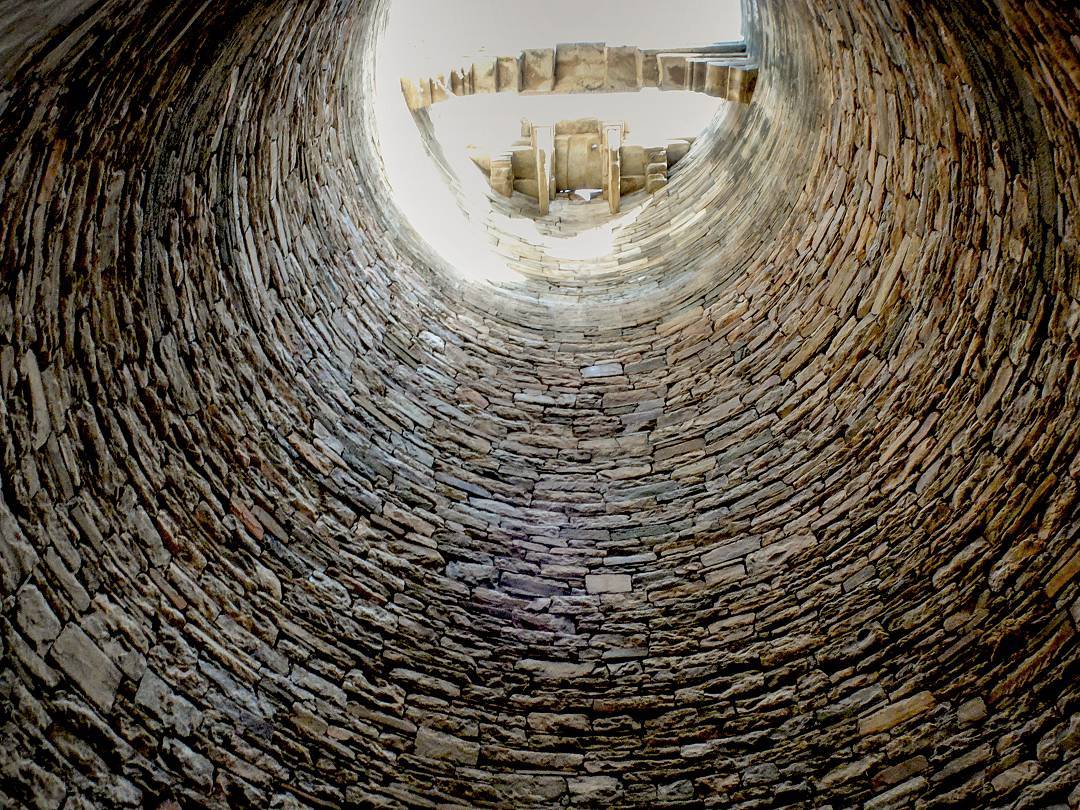If you’re like me, you have at least a couple of jobs that never get done, but are transferred onto the new To Do List, like a family heirloom lovingly passed from generation to generation. Here at Crow, we are celebrating a milestone: the removal - after almost a decade! - of a task from our long-term To Do List.
In 2010, water regulations changed in Alberta, and the shallow well that Crow had used since the beginning was no longer in compliance with the law. Since then, our well-water is (by rule) non-potable - we’re not allowed to drink it - and we’ve struggled by on a temporary treatment system attached to three taps. A couple of times, we’ve come close to having our programs suspended or cancelled due to this ongoing water issue.
Anyone who's seen (and smelled) a sweaty 13 year old after a wide game knows that water is pretty fundamental to running camp. Over the years, we’ve put a lot of effort into coming into compliance: we met - many times - with different departments at Alberta Environment and Parks; we considered opinions and options from a huge range of sources; we consulted regularly with engineers, and water-treatment plant operators (hat-tips here especially to Josh Sonnenberg and Josh Wilson); we hired a drilling company and dug a new well… and this fall, after close to a decade of frustration and effort, the Alberta Government has granted approval for our plan to treat water here on site.
This is a huge win for the camp, and we are thanking God that we’ve been given favour in the eyes of the authorities. For years, we’ve been in a tight spot. It feels good, at long-last, to have the approval to move forward, and resolve this problem once and for all.
Our next step is to build a water treatment plant - essentially, a garage-sized building with six big tanks, and some serious control systems for automatically dosing the water with chlorine and UV lights, to ensure that it is always safe to drink, and in compliance with the government’s requirements. We’ve already received our development permit to build the plant, and we expect that we’ll have a building permit in time to break ground, just as soon as spring loosens the soil.
We’ve priced the project (including the building, and all the internal control systems) at ~$85,000, and our intention is to complete construction by 1 July, making the summer of 2019 the first one in camp history (unless you count the roughly fifty years before 2010) where we can legally drink out of all the taps (and toilets!) on site.
We are asking Crow supporters to consider adding to their regular contributions to help us make this timeline possible. You can do that HERE, or reach out to david@crowcamp.ca to make arrangements, or to ask questions about our plan. Over the next few months, we plan to connect with as many of our supporters as possible, to thank them for their on-going and specil contributions, and to share what we are working on as coming priorities.
This is a big financial commitment, and it’s not glamorous, but a permanent fix enables the continued function of our ministry. Making water treatment a priority this summer will make the mission at Crow sustainable for future generations. You don't need to look far in the Bible to find water as a metaphor for God's grace and our thirst as a metaphor for our spiritual need. In parched lands, people understood that water was fundamental to the flourishing of the individuals and communities. People gathered around the well. As we kick off this project, it is our desire that we build a source of water where thirsty people gather for decades to come.
Isaac’s servants dug in the valley and discovered a well of fresh water there. But the herdsmen of Gerar quarreled with Isaac’s herdsmen and said, “The water is ours!” So he named the well Esek, because they disputed with him. Then they dug another well, but they quarreled over that one also; so he named it Sitnah. He moved on from there and dug another well, and no one quarreled over it. He named it Rehoboth, saying, “Now the Lord has given us room and we will flourish in the land.” ~ Genesis 26:19-22

